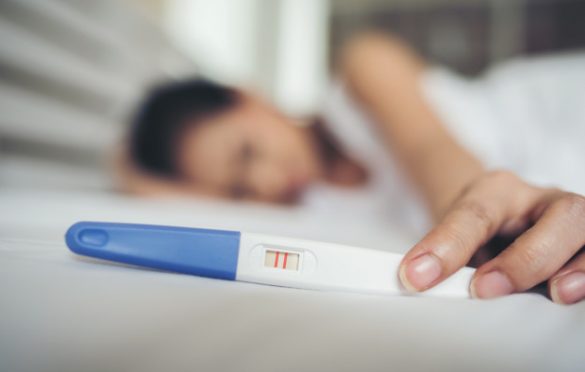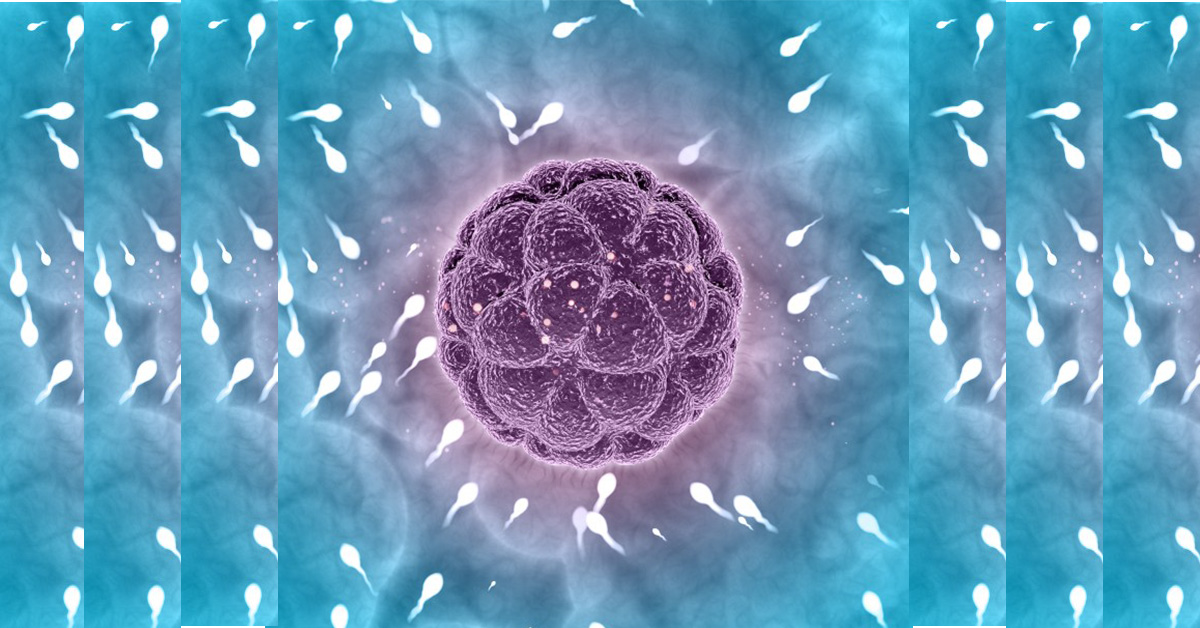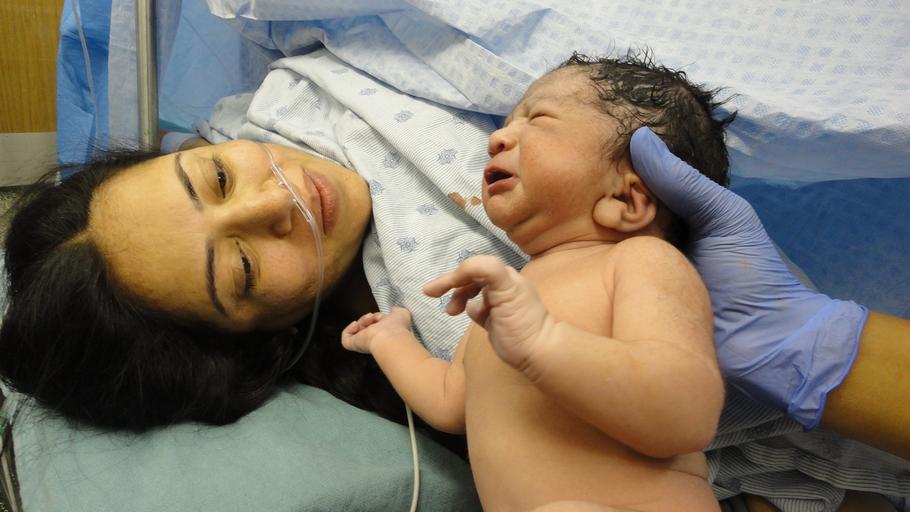Over the course of your menstrual cycle, your body releases hormones that change several things, including when you ovulate. You can track when this happens by using a basal thermometer and taking your temperature at the same time every morning, or by using ovulation test kits. The latter has been found to be more accurate in pinpointing ovulation day because they measure luteinizing hormone levels, which peaks just before ovulation. In this article, learn more about how helpful these tests are when trying to conceive.
What are ovulation tests?
A woman’s menstrual cycle can be a difficult thing to figure out. Between periods, ovulation, PMS, pregnancy symptoms, and more it can be hard to keep track of sometimes! One of the most important things to pay attention to is whether or not you are ovulating.
Ovulation tests are designed to determine when a woman is about to ovulate. These tests can determine if you are fertile – meaning that your egg is ready to be fertilized by sperm – on any given day or if you are currently menstruating. If you are trying to get pregnant, it’s important to know when the best time is to have sex so that you can maximize your chances.
The best time for conception depends on the length of the woman’s menstrual cycles and how long it takes her body to ovulate. A woman’s body can take anywhere from 12-25 days before she begins to ovulate again, so it is important to know when this will happen.
Signs of ovulation
Ovulation is the time of the month when a woman is most likely to get pregnant. The ovaries release an egg for fertilization by sperm, and one can track this based on charts or tests. There are many signs that predict ovulation, including an increase in cervical mucus, changes in the cervix, and others.
The process of trying to conceive a baby can be difficult, even with the help of ovulation tests. Ovulation test kits are a helpful tool when trying to conceive a baby especially for those women with irregular periods and PCOS. With a 28-day cycle, you’ll likely ovulate on or around day 14, so you’ll want to start testing around day 10 or 11. They can be used in conjunction with charting your menstrual cycle, or they can be used alone if you don’t want to track your cycle.
Women with an irregular cycle need to test more frequently. Start testing a few days after the period and followed by once every week. Also look for the signs of ovulation and pay attention to bodily changes like vaginal discharge and basal body temperature. Symptoms like mucus or discharge with an egg-white-like consistency, an increase in body temperature, increased sex drive, and mild pelvic pain can be indicators of ovulation.
How do ovulation tests determine fertility?
Ovulation tests are one of the most common fertility testing methods used after a couple has been trying to conceive for at least six months. The test helps predict when ovulation is going to happen in order to maximize one’s chances of conception. Ovulation testing can give you an idea about when you’re most fertile and help you plan intercourse around that time for the best chance of conception. Having sex with your partner 5 days before and one day after ovulation occurs is a good plan.
Pros and Cons to using an ovulation test?
There are some pros to using an ovulation test when trying to conceive. The first is that it helps you know the best time of the month to get pregnant. Another pro is that it can help you be more prepared for sex, which can increase your chances of conceiving. Finally, if you’re breastfeeding, you’ll know when ovulation has ended and that it’s safe to stop using birth control. There are also some cons to using an ovulation test. One con is that it can be expensive if you don’t have insurance or your insurance doesn’t cover them because they’re not 100
Brands available in the market
- I-know ovulation test kit for women planning a pregnancy – 5 strips MRP Rs. 549
- Ovlo Ovulation Test Kit – 5 Ovulation Strips, Pregnancy Planning Urine Tests with Fertility Track and Calculate App MRP Rs. 549
- Babi OVULATION KIT (Pack of 10) MRP Rs. 100
- Inito Fertility Monitor with 15 Test strips MRP Rs. 3999
These kits are available at most local pharmacy stores as well as online at amazon.in, pharmeasy.com, flipkart.com, etc.
Infano’s period tracking app helps you to keep track of your menstrual cycle with prediction days for ovulation. it also helps track the next period, and follow your pregnancy after conception. The app comes with regular health updates and articles for women and has an option to ask queries with health experts. The app can be downloaded from the Google Play Store here.



















